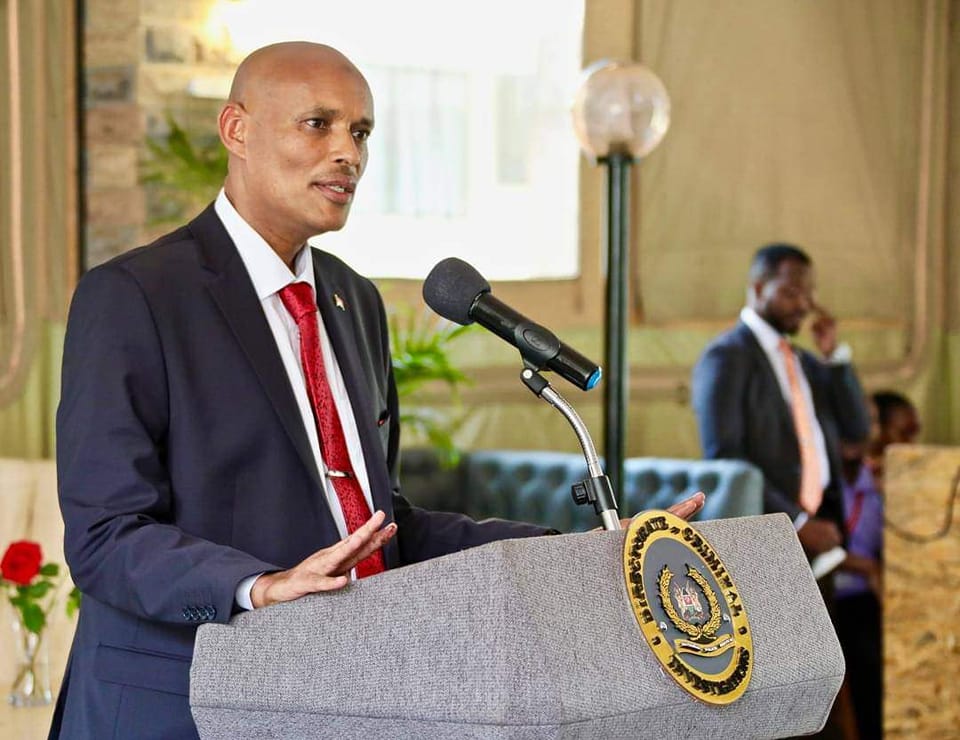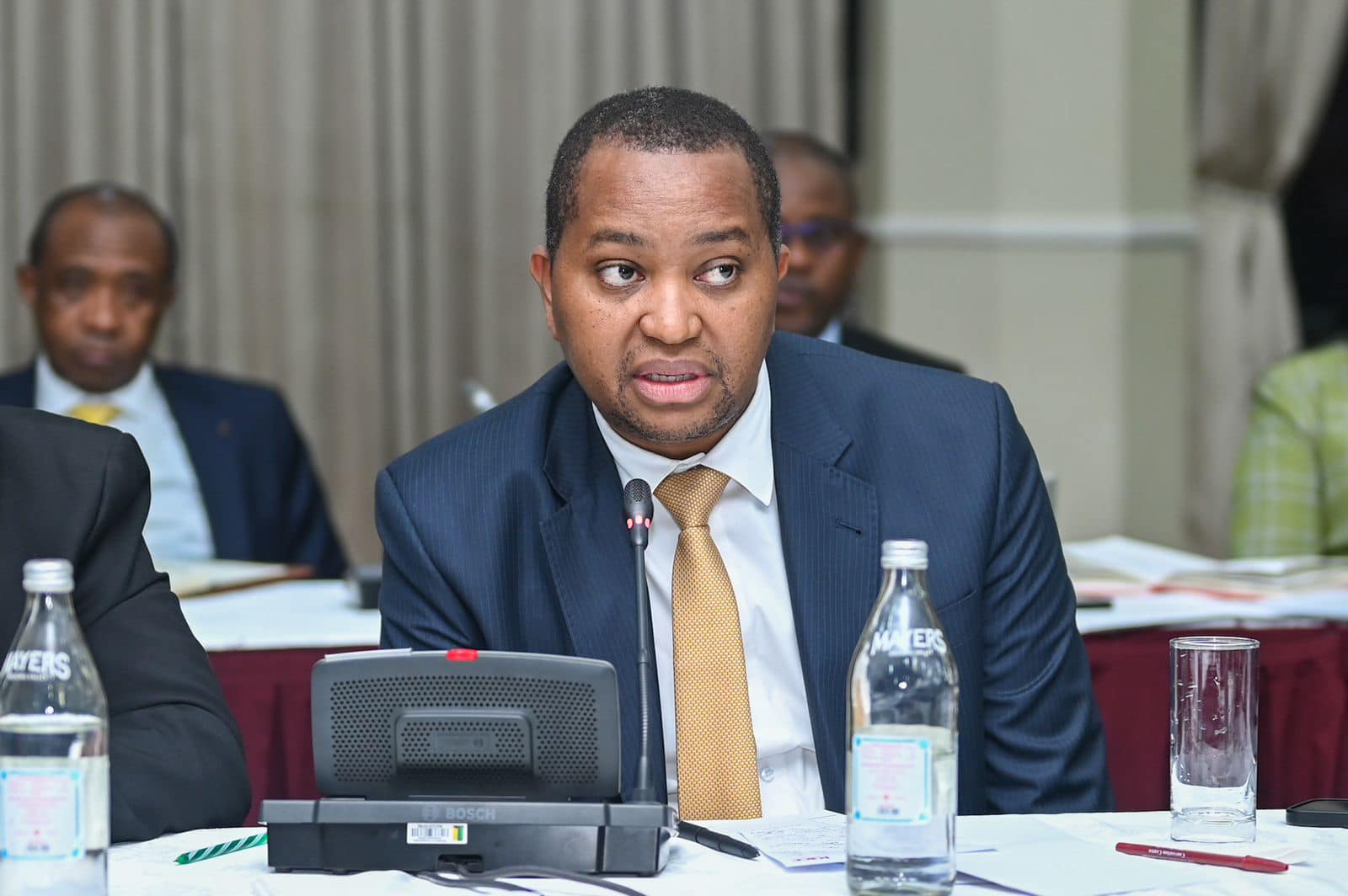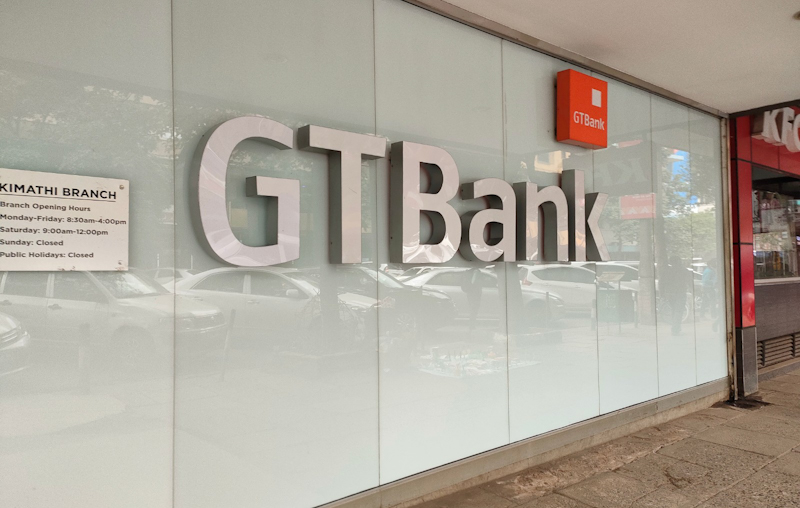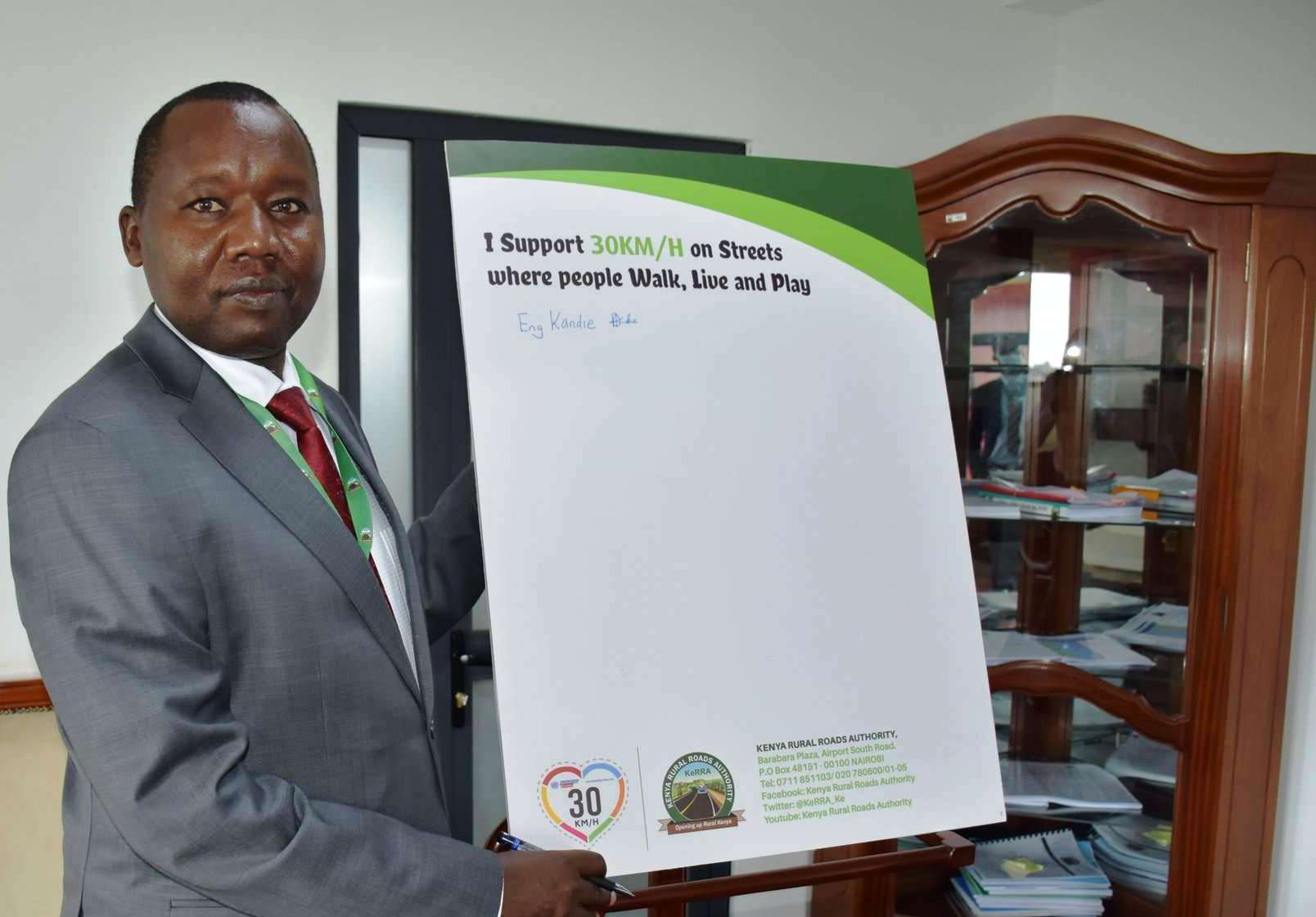By Mdadisi Mmoja and TWV Team
Albert Ojwang is dead. Another young Kenyan has died in police custody under circumstances so suspicious, chilling, and contemptuous of the rule of law that silence would be complicity. The police owe the country not only answers but accountability.
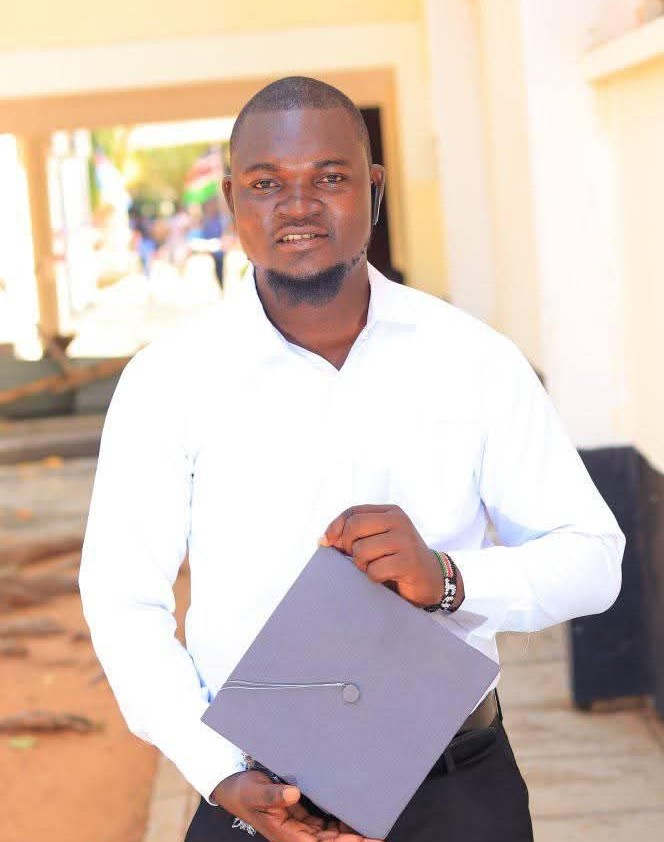
What began as an arrest over a supposed “offensive” social media post has ended in tragedy. Albert, a resident of Kakot in Homa Bay County, was arrested on Saturday while sharing a meal with his family. Officers claimed he insulted a senior official on X. Consequently, he was reportedly bundled into a vehicle and transported to Nairobi, bypassing local jurisdiction, legal counsel, and due process.
Why did this young man have to be transported hundreds of kilometres from his home county for questioning over a social media post? Are the police fostering a culture of fear, where speaking out risks disappearance into Nairobi’s detention system? Since when does a social media case justify cross-county abduction?
By Sunday, Albert was dead. Police claim he repeatedly smashed his head against a cell wall at Central Police Station. Consider this: they expect the public to believe that this young man, in a monitored police cell, killed himself, and no one noticed until it was too late. No independent post-mortem findings have been shared. Just an all-too-familiar police statement: “He did it to himself.”
According to the family, Albert’s body was discovered after they followed up at Central Police Station in Nairobi, only to be told he had died and his remains had been moved to City Mortuary. This is not due process. This is not justice. This is how a state covers up murder.
Why wasn’t he charged in court if he had broken the law, presented before a magistrate in Homa Bay, or given access to legal counsel and family contact? Most importantly: What are the names and ranks of the officers on duty the night he allegedly took his own life?
Let us be clear. Albert Ojwang was not convicted of any crime. He was arrested, and then he died in the custody of the State. The police were responsible for his life from the moment they detained him. That they now shrug and label it suicide is both cowardly and insulting.
The Independent Policing Oversight Authority (IPOA) is launching an investigation. That is welcome, but it is not enough. Every officer involved in the arrest, transfer, detention, and “discovery” of Albert’s death must be suspended with immediate effect and thoroughly investigated. The public must see the autopsy report, cell logs, and paper trail. If you claim this was suicide, then prove it.
This is not just about Albert. This is about countless others who have died at the hands of institutions meant to protect them, often young, poor, and silenced before they can speak. It is about a nation where expressing yourself online can lead to abduction, detention, and death within 48 hours. If this is the Kenya we are building, then we have already failed.
Albert Ojwang had a name. He had a father, family, and friends. He had a future. He is not just another body in a morgue. And we, as a people, must demand justice, not in whispers or hashtags, but in an unrelenting call that forces this country to reckon with its rot.
Who killed Albert Ojwang?


